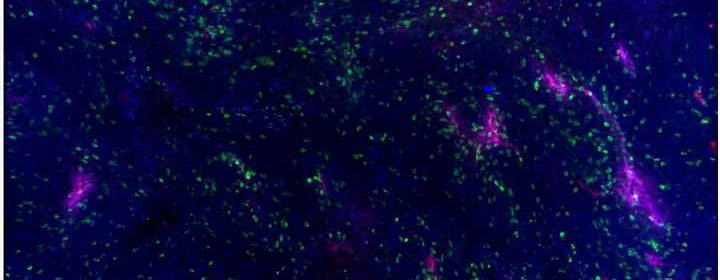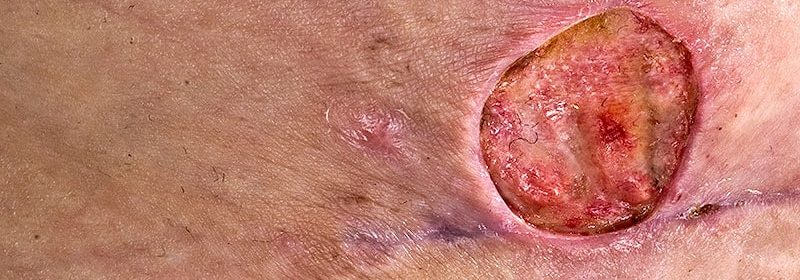Pancreatic cancer signs to spot as it could be mistaken for other conditions

This Morning: Dr Zoe explains symptoms of pancreatic cancer Thousands of people are diagnosed with pancreatic cancer in the UK every year, with survival rates being the lowest of all common cancers. While there are many factors at play here, the gloomy statistic isn’t made any better by the fact that the warning signs are often reluctant to rear their […]
Continue reading »







